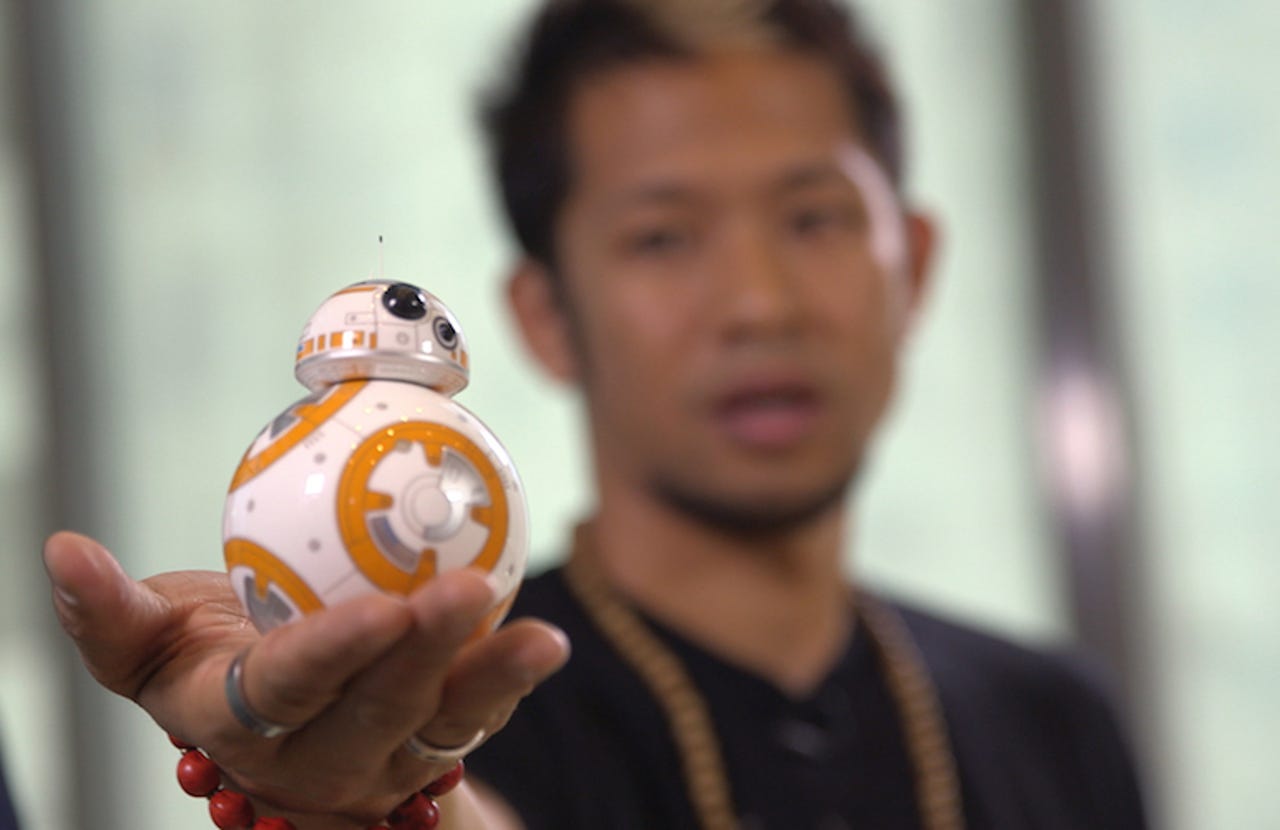Encryption not as bad for law enforcement as they want you to believe, study finds


Talk to almost anyone in government or law enforcement and they'll tell you the same thing: encryption is helping criminals and terrorists to "go dark" and evade justice.
But that's not the case -- in fact, quite the opposite, a new study has found.
"We question whether the 'going dark' metaphor accurately describes the state of affairs," says the study, posted Monday by Harvard University's Berkman Center for Internet and Society. "Rather, we think that the forces opening new opportunities for government surveillance mean that... 'going dark' does not aptly describe the long-term landscape for government surveillance," it adds.
READ THIS
The study [PDF] comes in the wake of an ongoing and somewhat tedious debate over encryption, sparked in part by Apple's move to encrypt data by default on its most recent iPhones and iPads. Google also followed suit with some of its Android phones. FBI director James Comey has long criticized companies for using end-to-end encryption, which he has argued again and again puts seeking justice in jeopardy.
The political rhetoric has sparked draft legislation aimed at banning the sale of devices that come with encryption in New York -- and even California, home to Silicon Valley.
But the study -- possibly the harshest critique of Comey's unrelenting battle with encryption -- finds that the claims can't be justified because of the mass influx of new technologies packed with wireless sensors, which are expected to become the next target of subpoenas, court orders, and government agencies looking to exploit their weaknesses.
"Appliances and products ranging from televisions and toasters to bed sheets, light bulbs, cameras, toothbrushes, door locks, cars, watches and other wearables are being packed with sensors and wireless connectivity," said the report, describing the emerging Internet of Things.
"Networked sensors and the Internet of Things are projected to grow substantially, and this has the potential to drastically change surveillance," the report read. "The still images, video, and audio captured by these devices may enable real-time intercept and recording with after-the-fact access. Thus an inability to monitor an encrypted channel could be mitigated by the ability to monitor from afar a person through a different channel."
In other words, thanks to a rise in smart devices coupled with the fact that these devices are often unencrypted and insecure, there is more data collection than ever before.
The study, authored by a number of civil liberties experts, security researchers, and former government officials -- including Matt Olsen, Bruce Schneier, and Jonathan Zittrain -- represents one of the broadest groups of support across various industries.
"As data collection volume and methods proliferate, the number of human and technical weaknesses within the system will increase to the point that it will overwhelmingly likely be a net positive for the intelligence community," the report read.